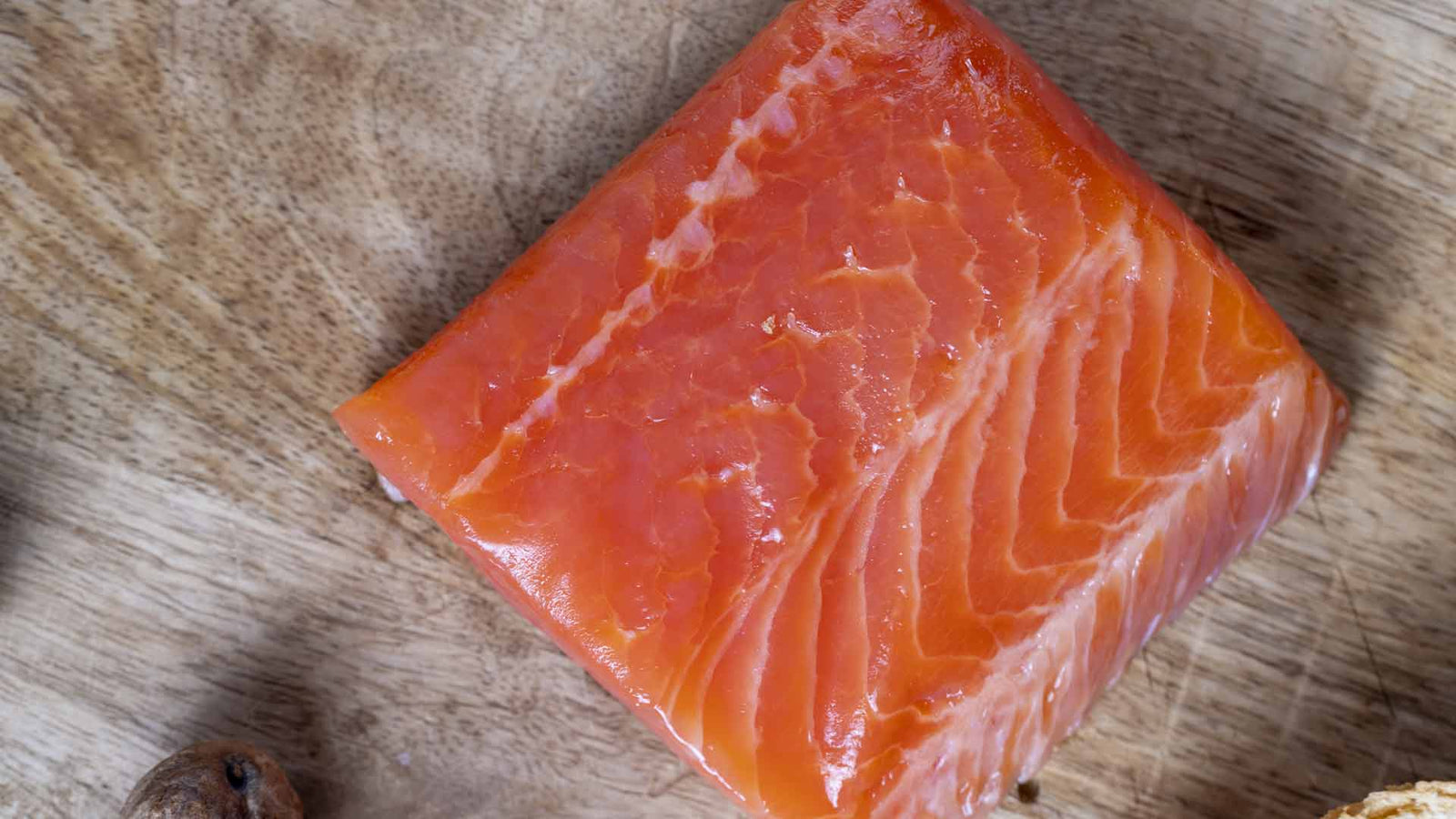
Fish is an essential part of our diet for protein intake. But the question is, what do you know about the health benefits of wild caughtAlaskan salmon, and what do you know about nutrition terms?
Some terms often get thrown around but have no real meaning when it comes to nutrition. Protein is one such term and can be very confusing for people who want or need more information on what they're eating each day!
Unless you enjoy wild caught Alaskan salmon, that is, and what should be known as the king of protein. Ordering a half-pound filet of Alaskan coho salmon orsockeye salmon should pretty much be at least a weekly menu item for anyone who wants to live a healthier life.
You should eat fish from the perilous depths off the glacier of Yakutat of Alaska if you want to bulk up, trim down, or simply start eating well. Because you're receiving protein, right? No. because protein is available in a variety of forms. You should eat salmon since it has the highest quality protein available. Protein is, among other things, an umbrella word for a group of vital nutrients known as amino acids. Not all protein on nutrition labels are created equal. Some foods high in protein have very few amino acids. That's why, when they see a meal promoted as high in protein, many dietitians roll their eyes.
That half-pound filet of wild caught Alaskan salmon has more than 80% of the daily protein requirement. That seems amazing when taken devoid of context. In a large number of circumstances, it isn't. You better believe it's remarkable in this scenario because you're not just receiving 80 percent of your recommended daily protein intake. Amino acids, among other things, are what make up that stuff called protein. When people talk about the building blocks of the body, they're referring to amino acids. When you see a meal labeled as rich in protein, it implies it contains all or part of the 21 distinct amino acids.
There are twenty distinct amino acids in Alaskan salmon and the non-essential amino acid is the one that does not make up the protein. That eight-ounce meal contains all of the necessary minimum levels of seven of the nine essential amino acids. Alaskan salmon is the protein king, with everything from arginine to tyrosine. And, just in case you're not aware of what's going on with protein, here's something more to know: the human body cannot create amino acids to compensate for those you don't receive. Protein and vitamins are not the same things.
So if you care at all about making sure that your muscle fibers remain capable of doing that very cool thing where they get bigger after you exercise them, you might want to consider adding salmon to your diet.Alaskan coho salmon orAlaskan sockeye salmon, the choice is yours.
You can buy your choice ofwild caught Alaskan salmon just a click away.

